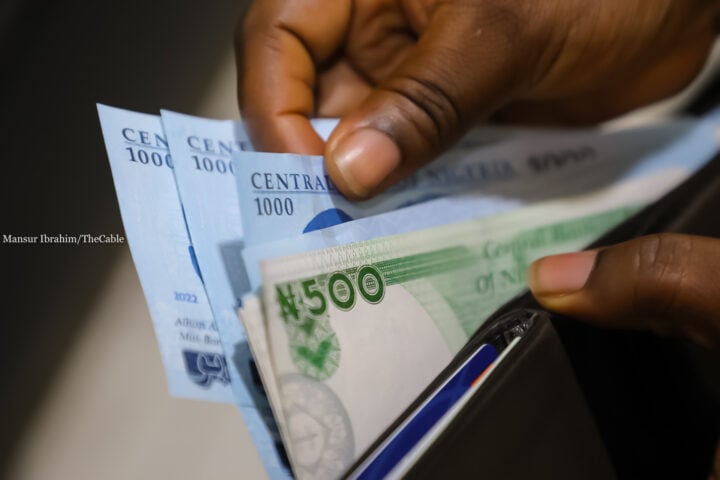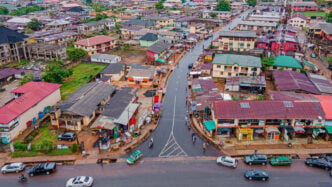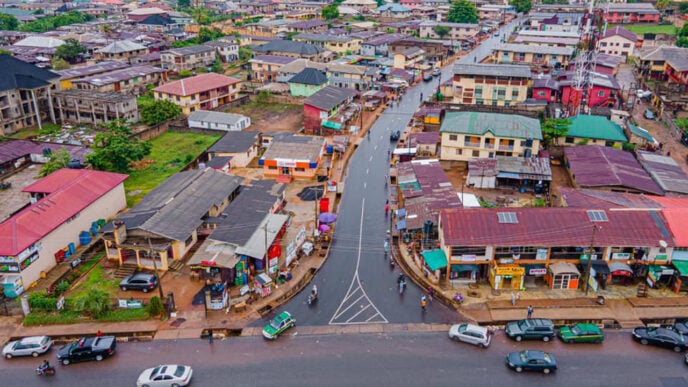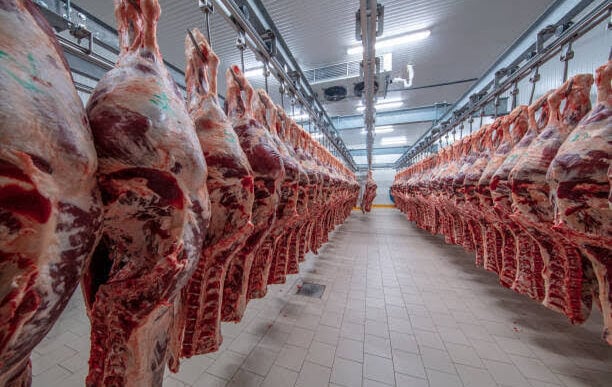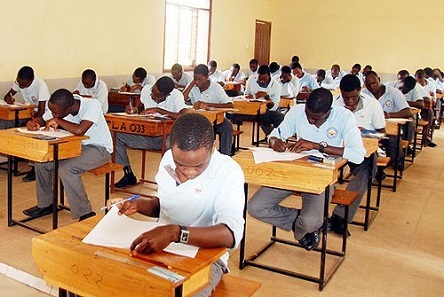BY NAZEER BABA
For context, the national budget office, in defence of the economic freefall under the current administration, claimed that the naira has bounced back to dominance as a result of Nigeria’s non-oil commodity exports. In reality, however, non-oil exports accounted for only about 9% of Nigeria’s total exports between Q1 2024 and Q4 2024, while mineral fuels, mainly crude oil, maintained their traditional dominance with 91% of export volume. In other words, nothing has fundamentally changed in Nigeria’s dependence on oil exports.
Yes, non-oil exports indeed rose from $2.696 billion in H1 2024 to $3.225 billion in H1 2025, a 19.62% growth. Much of this was driven by naira devaluation, which makes our commodity cheaper in the foreign market at the expense of Nigerians. Another reason is the climate challenges that disrupted cocoa production in major producers like the Ivory Coast and Ghana, temporarily creating space for Nigerian cocoa. But this is both an incidental and a policy blunder. The more pressing question is how this growth impacts the key components of development, poverty, unemployment, and inequality, particularly for the 133 million Nigerians living in multidimensional poverty. As the economist Amartya Sen argued, true development must be measured by what happens to these three dimensions.
Unemployment
Advertisement
The official unemployment rate fell to 4.3% in Q2 2024, down from 5.3% in Q1. But this decline has little to do with any job boom under President Bola Tinubu. Rather, it is the product of a statistical adjustment. In the past, the NBS only counted those aged 15–64 who worked at least 20 hours per week as employed. Under the new guidelines, anyone 15 years or older who worked for pay—even for just a single hour in a week—is now considered employed. At best, this is a manipulation of numbers.
For young people, the reality is harsher. Unemployment among 15–24-year-olds was 6.5% in 2024 under the new formula, but under the previous methodology, it had peaked at 53.4%. The World Bank confirms this paradox: low official unemployment rates coexist with widespread poverty. Millions are “employed” but still trapped in poverty. Job quality, not misleading headline numbers, is what truly matters. Today, most Nigerians endure insecure, informal, and underpaid work.
Poverty
Advertisement
Nigeria has long been an economy under strain, but the shock of 2024–2025 has been unprecedented. Over 54% of Nigerians now live in extreme poverty, surviving on less than $2.15 per day.
Rural poverty is staggering at 75.5%, while urban poverty stands at 41.3%. According to Reuters, by August 2025, an estimated 33 million Nigerians are facing acute food insecurity. Inflation, naira devaluation, fuel subsidy removal, recurrent floods, and internal displacement have left two-thirds of households unable to afford food.
Inequality
Nigeria’s inequality gap has never been wider, despite being Africa’s largest economy. With abundant human capital and vast resources, Nigeria has the economic potential to lift millions out of poverty. Yet the wealth distribution remains grotesquely skewed. According to Oxfam, the combined wealth of Nigeria’s five richest men $29.9 billion, could end extreme poverty nationwide. Meanwhile, over 5 million Nigerians are at risk of hunger and starvation.
Advertisement
More than 112 million people live in poverty, yet the richest Nigerian man would need to spend $1 million a day for 42 years to exhaust his wealth. His annual earnings alone could lift 2 million people out of poverty for a year. This is the textbook case of an economy trapped in extreme inequality.
These realities remind us that economic narratives built on selective statistics do little for the millions of Nigerians living in poverty, insecurity, and exclusion. Growth on paper is not development; it is only when policies directly address poverty, create decent and secure jobs, and reduce inequality that we can speak of true progress.
What Nigeria urgently needs is a development-focused economic policy framework that links export earnings to human development. This means reinvesting a portion of export revenues into agro-industrial value chains to generate quality jobs, expanding social protection programs to shield the poorest from inflation, and enforcing progressive taxation on extreme wealth to finance healthcare, education, and rural infrastructure. Areas where inequality is most glaring.
Without policies that directly address poverty, unemployment, and inequality, Nigeria’s so-called “export-led rebound” will remain nothing more than a statistical illusion.
Advertisement
Nazeer Baba writes from Abuja. He can be contacted [email protected]
Advertisement
Views expressed by contributors are strictly personal and not of TheCable.
